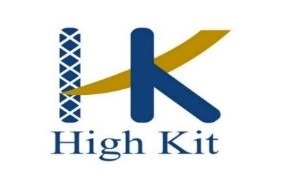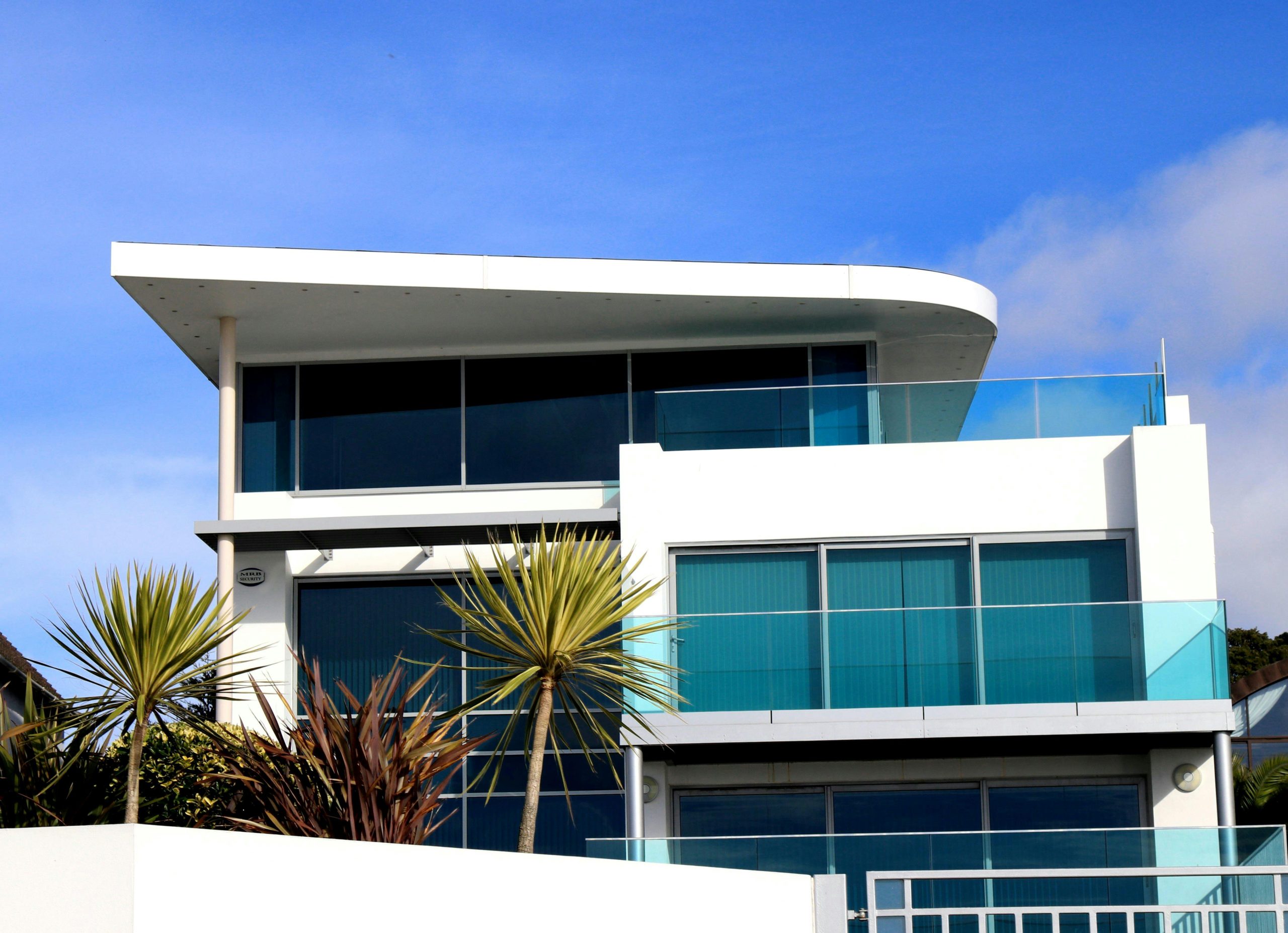The construction industry in Nigeria is on the brink of significant transformation, driven by technological advancements, evolving economic conditions, and increasing demands for sustainable practices. As we move into 2024 and beyond, several trends are set to shape the future of construction in the country. These trends promise to redefine how buildings are designed, constructed, and maintained, offering new opportunities for growth and innovation. In this article, we’ll explore the key trends that industry professionals, investors, and policymakers should watch closely.
Embracing Sustainable Building Practices
Sustainability is no longer just a buzzword in the construction industry; it is becoming a necessity. As global concerns about climate change intensify, there is increasing pressure on Nigeria’s construction sector to adopt eco-friendly practices. In 2024 and beyond, we can expect a stronger focus on sustainable construction methods that minimize environmental impact while promoting energy efficiency.
Green Building Certifications
One of the key developments is the growing adoption of green building certifications such as LEED (Leadership in Energy and Environmental Design) and EDGE (Excellence in Design for Greater Efficiencies). These certifications provide a framework for creating energy-efficient, water-saving, and environmentally friendly buildings. In the coming years, more Nigerian developers and construction companies are likely to pursue these certifications to meet market demands and align with global sustainability standards.
Use of Sustainable Materials
The use of sustainable materials, such as recycled steel, bamboo, and low-carbon concrete, is also expected to increase. These materials not only reduce the carbon footprint of construction projects but also offer long-term cost savings through enhanced durability and reduced maintenance needs. Moreover, local sourcing of materials will become more prevalent, supporting Nigeria’s economy while reducing the environmental impact associated with transportation.
Integration of Smart Technology
The integration of smart technology into construction projects is another trend poised to revolutionize the industry. Smart buildings, which use interconnected devices and systems to monitor and manage various aspects of a building’s operation, are gaining popularity worldwide. In Nigeria, this trend is set to accelerate as the benefits of smart technology become more evident.
Building Information Modeling (BIM)
Building Information Modeling (BIM) is a digital representation of the physical and functional characteristics of a building. BIM allows architects, engineers, and contractors to collaborate more effectively by providing a shared platform for project planning, design, and construction. As a result, BIM reduces errors, improves efficiency, and enhances project outcomes. In Nigeria, the adoption of BIM is expected to grow as more construction companies recognize its potential to streamline operations and reduce costs.
Internet of Things (IoT) in Construction
The Internet of Things (IoT) is also making its way into the construction industry. IoT devices can be used to monitor construction sites, track equipment, and manage resources in real-time. For instance, sensors embedded in building materials can provide data on structural integrity, temperature, and humidity levels, helping to prevent issues before they arise. In 2024 and beyond, IoT technology will play a crucial role in enhancing the safety, efficiency, and sustainability of construction projects in Nigeria.
Growth of Prefabrication and Modular Construction
Prefabrication and modular construction are gaining traction as efficient and cost-effective alternatives to traditional construction methods. These techniques involve manufacturing building components off-site in a controlled environment, then transporting and assembling them on-site. This approach offers several advantages, including reduced construction time, lower labor costs, and improved quality control
Cost and Time Efficiency
In Nigeria, where the demand for affordable housing is high, prefabrication and modular construction offer a viable solution to address housing shortages. By reducing the time required to complete a project, these methods can help meet the urgent need for new housing developments, particularly in urban areas. Additionally, the ability to standardize and mass-produce building components can lead to significant cost savings, making housing more accessible to a larger portion of the population.
Increased Adoption in Commercial Projects
While prefabrication and modular construction have traditionally been associated with residential projects, they are increasingly being used in commercial and industrial developments as well. As Nigerian companies seek to minimize construction timelines and reduce costs, the adoption of these methods is likely to expand in the coming years. The flexibility of modular construction also allows for greater customization, enabling developers to meet the specific needs of their clients while maintaining high standards of quality.
Rise of Sustainable Urban Development
As Nigeria’s population continues to grow, particularly in urban areas, there is a pressing need for sustainable urban development. This trend is driven by the challenges of urbanization, including overcrowding, inadequate infrastructure, and environmental degradation. In response, the construction industry is shifting towards creating more sustainable and livable urban spaces.
Smart Cities Initiatives
One of the key aspects of sustainable urban development is the concept of smart cities. Smart cities leverage technology to improve the efficiency of urban services, enhance the quality of life for residents, and reduce environmental impact. In Nigeria, smart city initiatives are beginning to take shape, with projects such as the Eko Atlantic City in Lagos serving as a model for future developments. These initiatives incorporate elements such as smart grids, efficient public transportation systems, and green spaces to create more sustainable urban environments.
Mixed-Use Developments
Mixed-use developments, which combine residential, commercial, and recreational spaces within a single area, are also on the rise. These developments promote sustainable living by reducing the need for long commutes, encouraging walking and cycling, and fostering a sense of community. In 2024 and beyond, we can expect to see more mixed-use projects in Nigeria, particularly in densely populated cities where space is limited.
Increased Focus on Infrastructure Development
Infrastructure development is a cornerstone of economic growth, and Nigeria’s construction industry will play a crucial role in addressing the country’s infrastructure needs. As the government continues to invest in infrastructure projects, including roads, bridges, airports, and power plants, the construction sector is set to experience significant growth.
Public-Private Partnerships (PPPs)
Public-Private Partnerships (PPPs) are expected to become more prevalent as a means of financing and executing large-scale infrastructure projects. PPPs allow the government to leverage private sector expertise and funding to deliver critical infrastructure, while private companies benefit from stable, long-term returns on their investments. In the coming years, PPPs will be instrumental in addressing Nigeria’s infrastructure deficit and driving the construction industry forward.
Focus on Resilient Infrastructure
As climate change continues to impact Nigeria, there is an increasing emphasis on building resilient infrastructure that can withstand extreme weather events, such as floods and droughts. The construction industry will need to adopt new techniques and materials to ensure that infrastructure projects are durable and adaptable to changing environmental conditions.
Evolving Workforce Dynamics
The construction industry is also undergoing changes in workforce dynamics, driven by advancements in technology and shifts in labor demand. In 2024 and beyond, the industry will need to adapt to these changes to remain competitive and meet the needs of an evolving market.
Emphasis on Skilled Labor
As construction projects become more complex and technology-driven, there will be a growing demand for skilled labor. Workers with expertise in areas such as BIM, IoT, and sustainable construction practices will be in high demand. To address this need, there will be a greater emphasis on training and upskilling the workforce, with a focus on developing the technical skills required for modern construction projects.
Adoption of Automation and Robotics
Automation and robotics are beginning to make their mark on the construction industry, offering the potential to improve efficiency and reduce labor costs. For example, robotic bricklayers and 3D printing technology can significantly speed up the construction process while maintaining high levels of precision. While the adoption of these technologies in Nigeria is still in its early stages, their use is expected to grow as the industry recognizes the benefits they offer in terms of cost savings and productivity.
Partner with High Kit for the Future of Construction
As Nigeria’s construction landscape evolves, aligning with a forward-thinking partner is key to staying ahead of the curve. High Kit is dedicated to not only understanding these emerging trends but also leading the way in implementing them. From sustainable building practices to cutting-edge smart technology, we are equipped to bring your vision to life with innovation and excellence.
Why Choose High Kit?
- Expertise: We bring deep industry knowledge and experience to every project.
- Innovation: We leverage the latest technologies to deliver smarter, more efficient buildings.
- Sustainability: We prioritize eco-friendly practices that benefit both the environment and your bottom line.
- Reliability: Our commitment to quality and timely delivery sets us apart.
Don’t just follow the trends—be a part of shaping the future. Whether you’re planning a new development, looking to upgrade existing infrastructure, or seeking a partner who can bring advanced techniques and sustainability to your project, High Kit is here to make it happen.
Ready to Build the Future?
Get in touch with us today to discuss how High Kit can turn your construction ambitions into reality.


